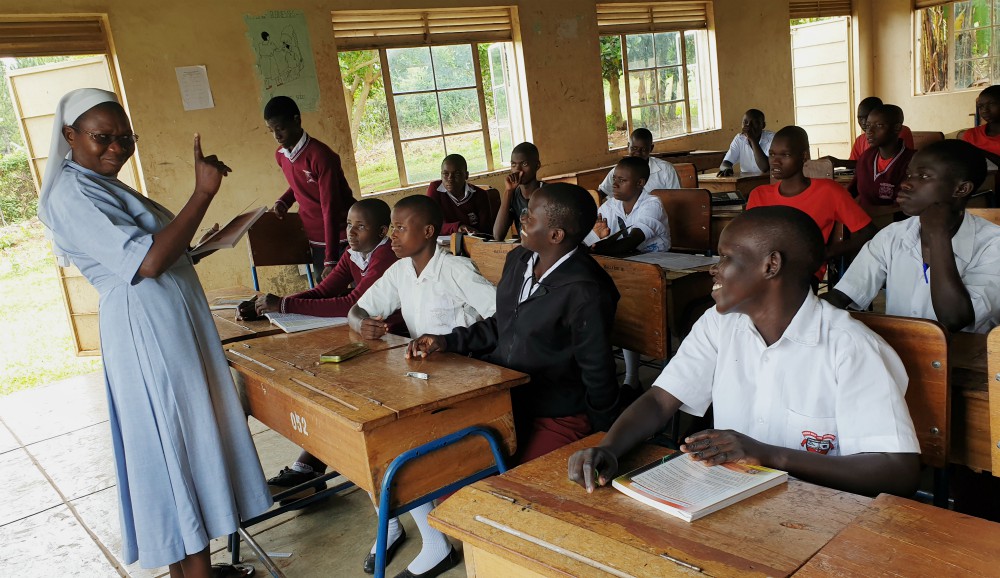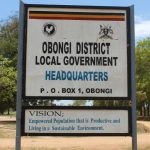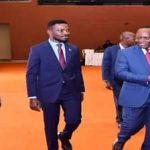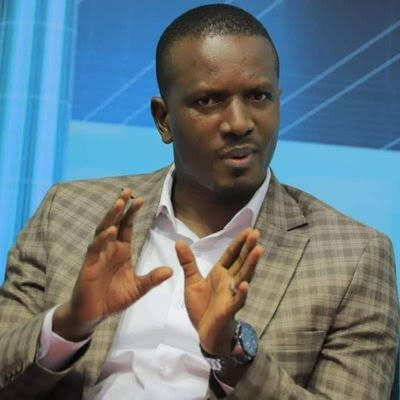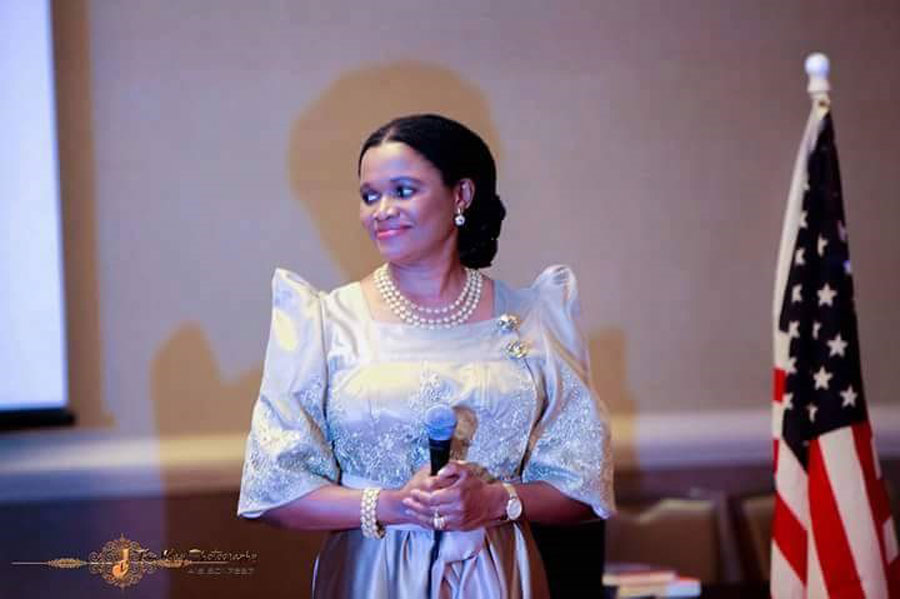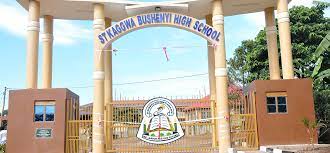Makerere University Mbale Branch and the Good Governance Centre Mbale conducted a longitudinal survey to identify Heroines of Special Needs Education in Uganda for the year 2023. The survey focused on legislative frameworks, including the 1995 Constitution, Disability Act 2020, and Education Act 2008, along with international conventions such as the East African Treaty.
Legislation and Special Needs Education in Uganda
The Ugandan Constitution criminalizes the refusal of enrollment based on disability, while the Disability Act 2020 discourages admission to special schools for certain learners. Efforts are being made to establish at least one secondary school for the deaf in each region of the country.
Focus on Mbale School for the Deaf
The survey narrowed its focus to Mbale School for the Deaf due to reported strikes, administrative issues, and concerns about fund mismanagement. Data collection methods included purposeful observation, longitudinal surveys, literature sampling, and consideration of public reactions from 2019 to 2023.
Key Actors and Actions
Key figures, including Hon. Janet Museveni, Minister for Education, and Madam Ketty Lamaro, Permanent Secretary, took actions to address challenges at Mbale School for the Deaf. The study also emphasized the role of Madam Sarah Bugoosi, Commissioner for Special Needs at the Ministry of Education and Sports, and the District Education Officer, Madam Lydia Musungu.
Equal Opportunities Commission (EOC) Intervention
The EOC, led by Sr Mary Wasagali, played a crucial role in investigating administrative issues at Mbale School for the Deaf. Their findings prompted administrative measures, including the transfer of the headteacher, disbandment of the board, and the transfer of non-deaf learners to another school.
Recommendations
Policy briefs from the study suggest that the new leadership at Mbale School for the Deaf focuses on improving teaching and learning to enhance student performance. Additionally, there is a call for continuous sensitization on special needs education, experienced management of school boards, and representation of old students on the board.
Funding and Oversight
The study highlighted that special needs schools receive substantial funding, but there is a need for vigilance to prevent misallocation. Recommendations include qualified interpreters, qualified teachers in both special needs and regular disciplines, and continuous research surveys by academic institutions.
Conclusion
The study concludes with policy recommendations, including the transfer of certain individuals associated with the old administration. It emphasizes the importance of ongoing research and awareness campaigns to support special needs education in Uganda.
Author Information
The writer is a researcher from Mbale and a Ph.D. student. Contact: 0706655811.

